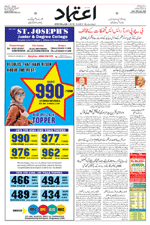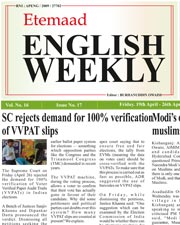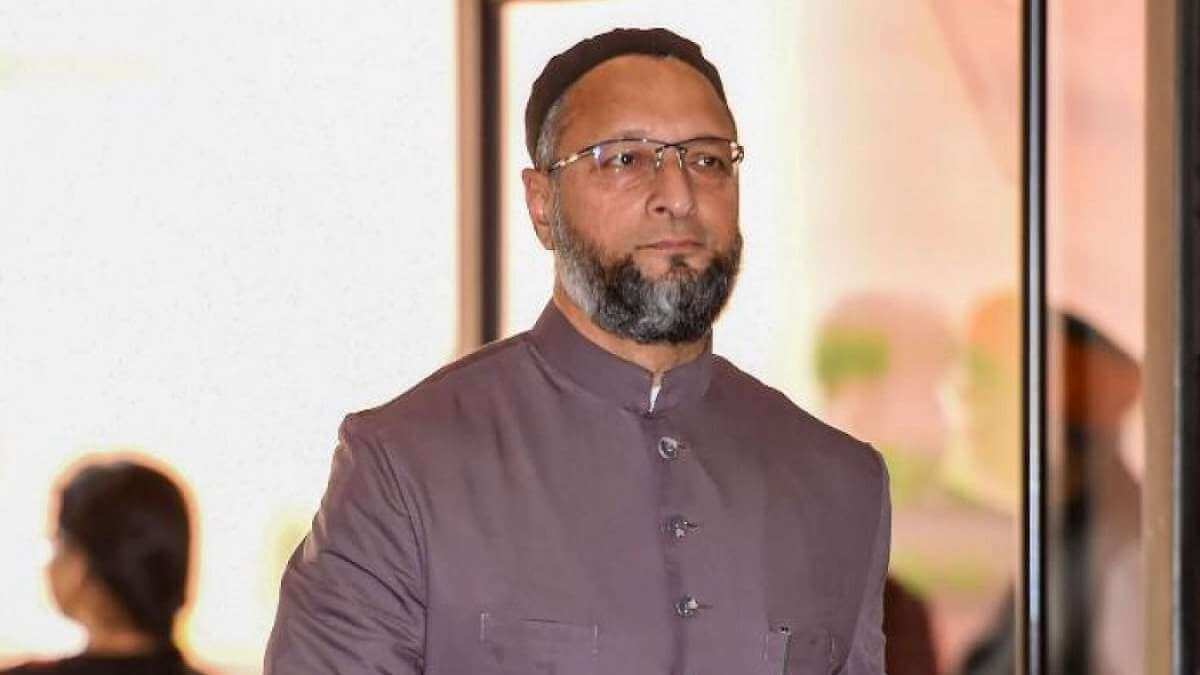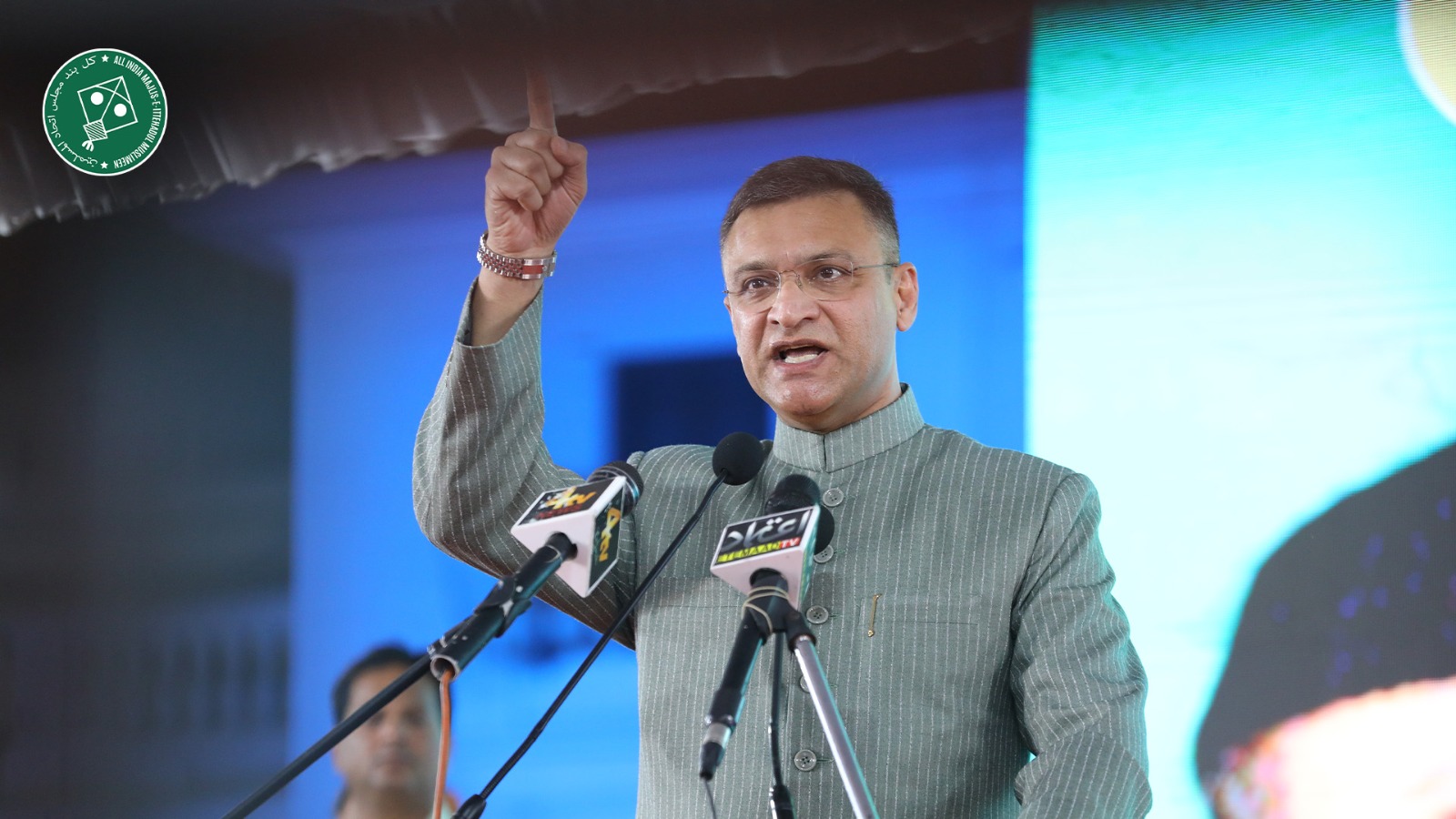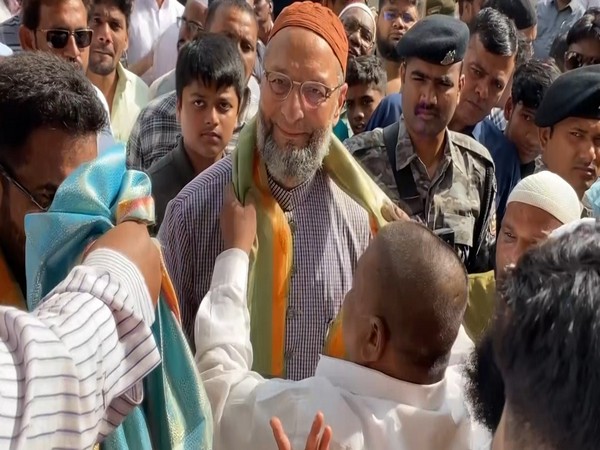Know about late pregnancy risk factors and treatment options
Wed 28 Feb 2024, 23:50:52

Late Punjabi singer Sidhu Moosewala's parents are expecting their second child due in March. His mother Charan Kaur is pregnant at the age of 58 after going through an IVF treatment. While this news may be exciting for the family, it also brings attention to the potential risks and challenges associated with late pregnancies. According to medical experts, pregnancy after the age of 35 is considered advanced maternal age and comes with increased risks such as gestational diabetes, high blood pressure, and cesarean delivery. Additionally, older mothers may also face fertility issues and an increased chance of chromosomal abnormalities in the baby.
What are the major risk factors related to late pregnancy and potential ways to manage them?
According to Dr Anusha Rao P, Consultant Obstetrics & Gynaecology, Yashoda Hospitals Hyderabad, late-age pregnancy, commonly defined as pregnancy occurring in women aged 35 and older, comes with certain risks that necessitate careful management. Advanced maternal age is associated with an increased risk of miscarriages and the likelihood of chromosomal abnormalities, such as Down syndrome. To manage this risk, comprehensive prenatal screening and diagnostic tests, like amniocentesis or chorionic villus sampling, are recommended.
Furthermore, older maternal age is linked to a higher incidence of gestational diabetes. Managing this risk involves regular monitoring of blood glucose levels, adopting a healthy diet, and possibly using insulin therapy under medical
supervision. Hypertension is another concern, and close monitoring of blood pressure during pregnancy is essential to prevent complications like preeclampsia.
supervision. Hypertension is another concern, and close monitoring of blood pressure during pregnancy is essential to prevent complications like preeclampsia.
Additionally, older mothers may face challenges related to fertility and assisted reproductive technologies (ART) such as in vitro fertilization (IVF) might be required. These interventions come with their own set of risks and must be carefully managed by fertility specialists.
The risk of preterm birth also increases with maternal age. Management involves vigilant prenatal care, early detection of signs of preterm labour, and interventions to delay delivery if necessary. Adequate prenatal education and support can empower older mothers to recognize and address these concerns.
Older maternal age is correlated with a higher likelihood of cesarean section (C-section) deliveries.
Psychosocial support is crucial for women experiencing late-age pregnancies. The stress and anxiety associated with the increased risks may impact the overall well-being of the mother. Counselling services and support groups can contribute to effective management by addressing emotional and mental health concerns.
Managing risks in late-age pregnancies involves a multi-faceted approach, encompassing medical interventions, close monitoring, and emotional support. Collaboration between healthcare professionals and expectant mothers is vital to ensure a safe and healthy pregnancy for both the mother and the baby.
No Comments For This Post, Be first to write a Comment.
Most viewed from
Most viewed from Health
AIMIM News
Asaduddin Owaisi files nomination papers on Friday
Apr 20, 2024
Owaisi Begins Election Campaign in Hyderabad
Apr 13, 2024
Latest Urdu News
Most Viewed
May 26, 2020
Do you think Ruturaj Gaikwad would be a good captain for Chennai Super Kings?
Latest Videos View All
Like Us
Home
About Us
Advertise With Us
All Polls
Epaper Archives
Privacy Policy
Contact Us
Download Etemaad App
© 2024 Etemaad Daily News, All Rights Reserved.






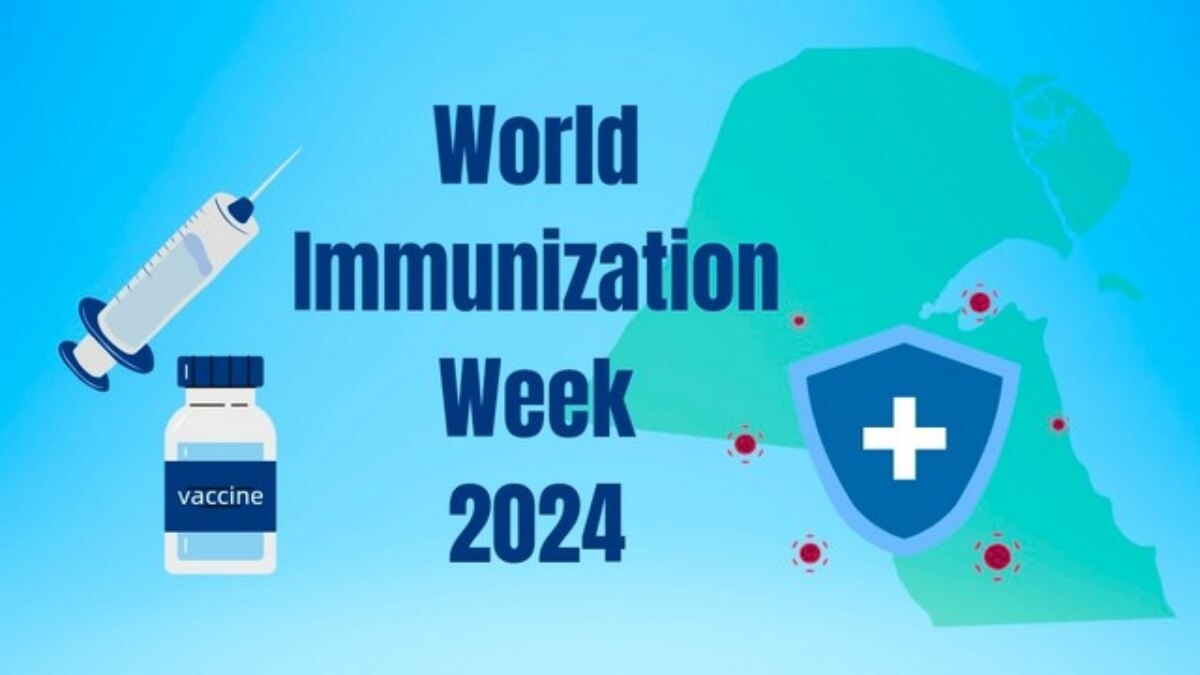
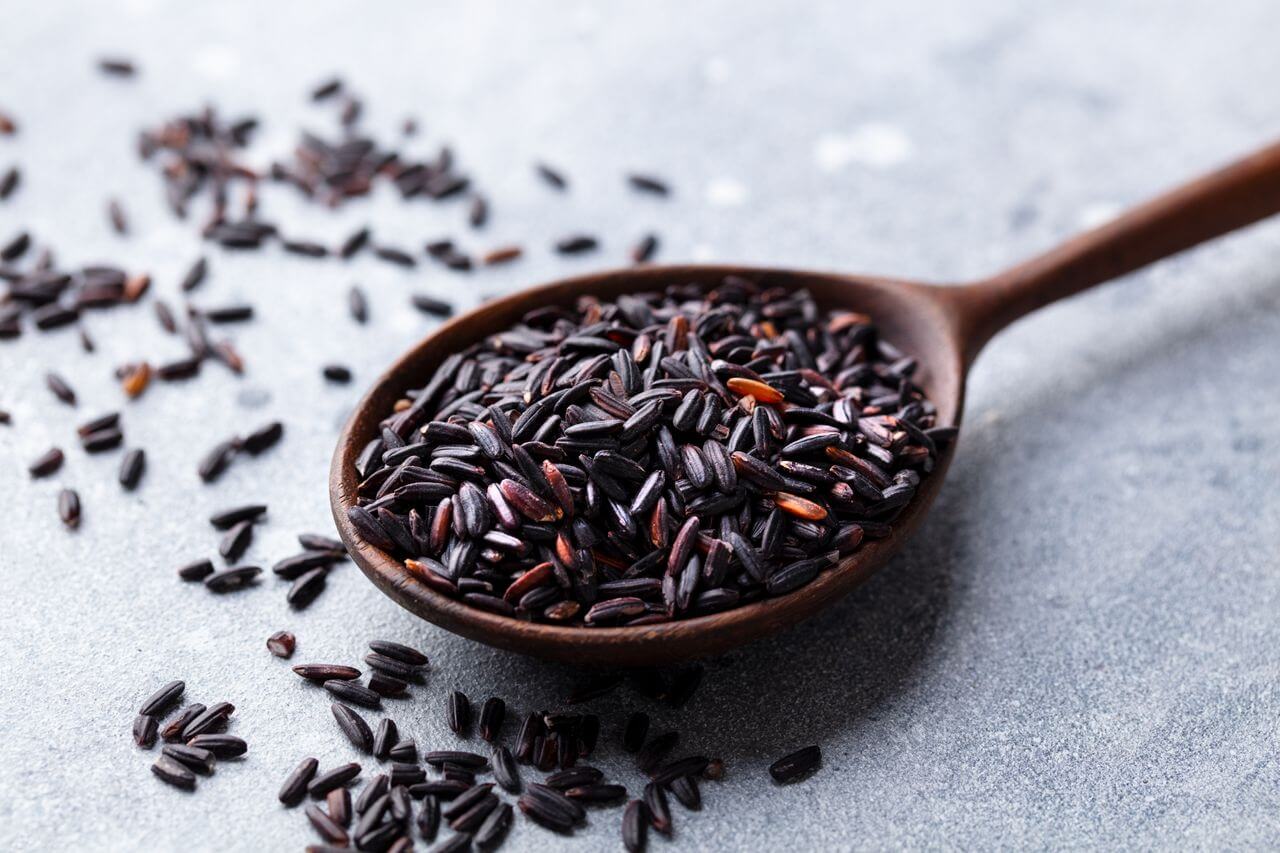


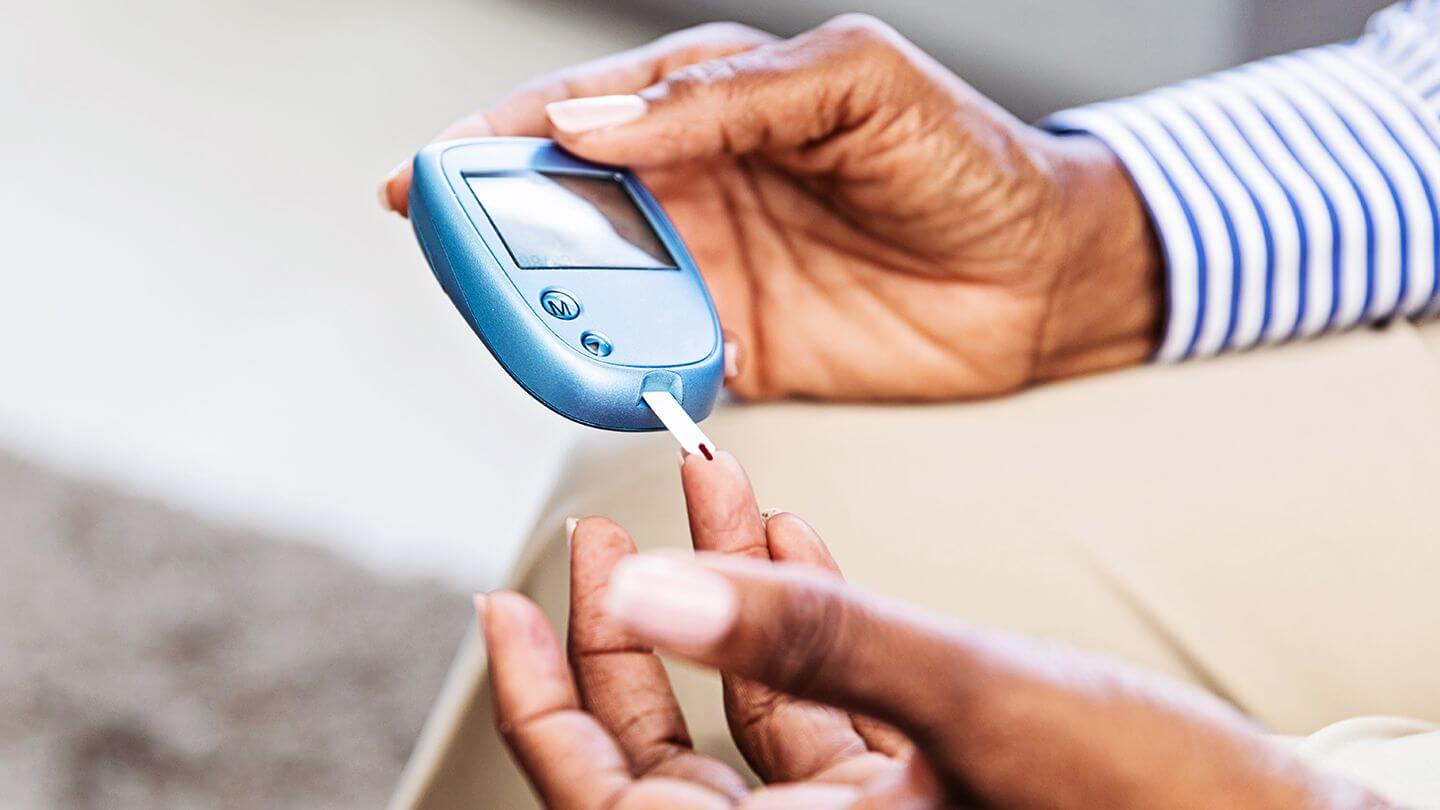

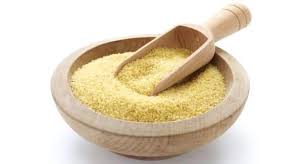
.jpg)
.jpg)
.jpg)
.jpg)
.jpg)
.jpg)
.jpg)
.jpg)
.jpg)
.jpg)
.jpg)
.jpg)
